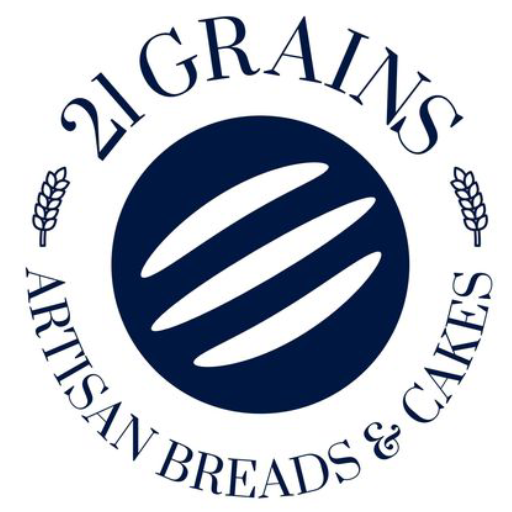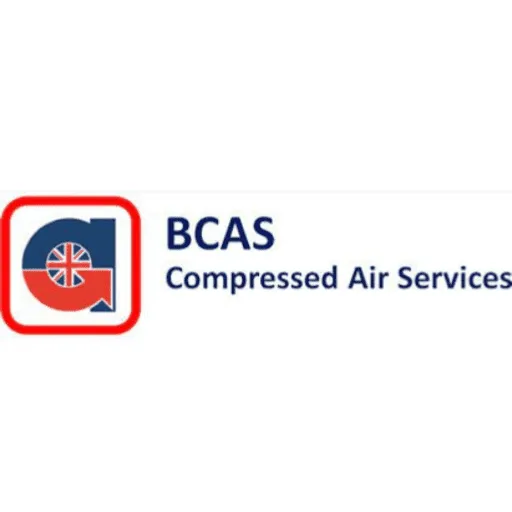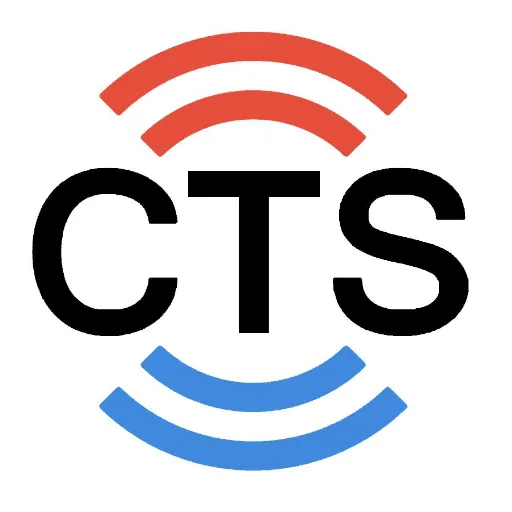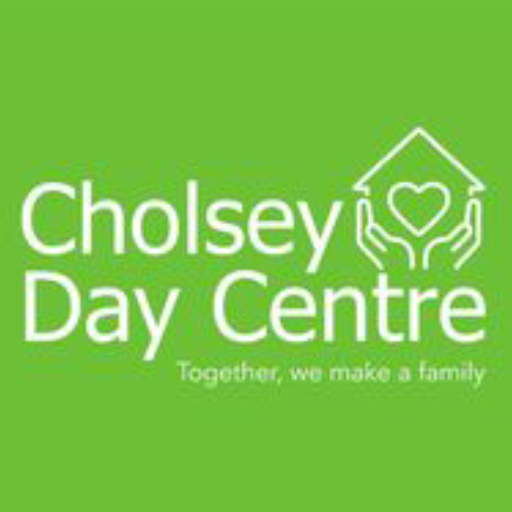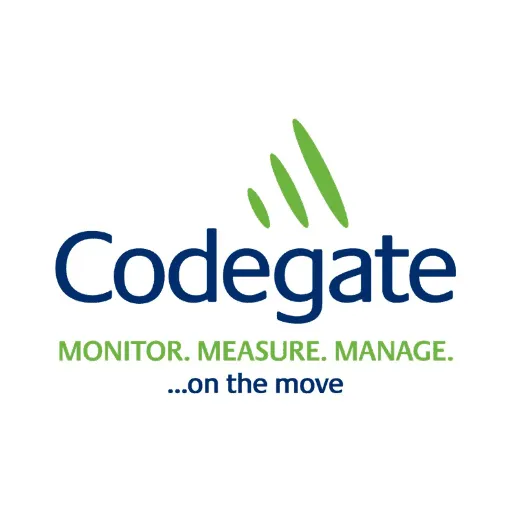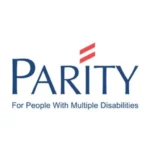 If you’re reading this, chances are you want to find out more about settlement agreements; and more importantly – what is a reasonable settlement agreement?
If you’re reading this, chances are you want to find out more about settlement agreements; and more importantly – what is a reasonable settlement agreement?
You might want to know what a reasonable settlement agreement might be in your particular situation.
And you also might want to know what your next steps could be to try and solve your current problem.
This article is designed to help you achieve that by:
- Running you through the whys and wherefores of settlement agreements.
- Giving you clarity on the options available to you.
If you’d like to ensure that your settlement agreement for your employee is watertight, Gap HR can help – call us on 01491 598 600 now to discuss.
What is a settlement agreement?
A settlement agreement is an agreement to “settle” between an employee and an employer.
It’s entered into voluntarily, and once it’s drafted and signed, it’s legally binding.
When an employee signs a settlement agreement, they’re waving goodbye to their right to go to employment tribunal against their employer.
In exchange, the employee usually gets a financial payment, and some other non-financial benefits.
Done well, settlement agreements can be a ‘win’ for both parties.
Are settlement and compromise agreements the same thing?
Pretty much. Settlement agreements used to be called compromise agreements until 2013.
It was changed because it was felt that “compromising” was something that neither party wanted to be seen to be doing.
Because they used to be called compromise agreements, you’ll still find some people using that language now.
What sort of payments can you expect in a settlement agreement?
There are various financial payments included in settlement agreements. Here are some of the common ones:
- Any contractual payments due until the termination of employment.
- Payment in lieu of notice.
- A “termination” payment.
- Additional fees for clauses included in the settlement agreement. i.e. Confidentiality or Non-Compete.
- Arrangements around bonus payments, incentives and share schemes.
- All other contractual claims that might arise in an employment context.
Are there non-financial aspects to a settlement agreement?
Usually, yes.
Very often, the employer will agree to give the employee a reference. Other non-financial aspects might be:
- Gardening leave.
- Confidentiality clauses.
- Non-disparagement clauses (an agreement not to bad mouth each other).
- Getting to keep a company car, phone, or computer.
- Keeping company benefits, such as life or health insurance.
What is a reasonable settlement agreement?
There’s no one size fits all answer to this one. It depends on the case, what has happened, and the terms of employment.
What is a reasonable settlement agreement? It’s what you think is reasonable.
However, there is a useful rule of thumb, if the following is true of the employee:
- Been dismissed or forced to resign.
- Has evidence to prove constructive or unfair dismissal.
- Has been employed for at least 2 years.
In this case, a reasonable settlement agreement could be between 1 and 4 months’ salary, with additional notice pay.
If the employee has evidence of whistleblowing or discrimination, they can probably expect more.
You always have to consider if there’s a chance they would win more money at tribunal than from the settlement agreement.
Is there a minimum settlement agreement you can expect?
No. Generally though, the idea is that both parties are content enough at the end of the process.
As a result, trying to penny pinch and give the minimum you can in a settlement agreement makes you less likely to reach an agreement.
Is there a maximum settlement agreement you can expect?
No. However, lots of employers tend to use the maximum awards in employment tribunals as a guide.
For unfair dismissal, the maximum tribunal award is £115,115, or a year’s salary, whichever is lower.
As a result, you’re very unlikely to see a settlement agreement for unfair dismissal top that figure, as there would be less advantage in settling.
Is it better to take a settlement agreement or go to tribunal?
It depends. On a whole range of things.
If your employee has good evidence that you have acted inappropriately, and you’re advised you will lose at tribunal, an HR professional may well advise you to settle.
That’s usually because you’ll end up paying out less AND not have the stress, time and cost of fighting a tribunal.
Even if you feel you’re in the right, it might still make sense to settle.
That’s because you’ll still have to go through the process, which might cost you more than the settlement agreement, and will definitely cost you time and headspace.
Can I draft my own settlement agreement?
Not if you want it to be effective.
If you do need to draft a settlement agreement, it’s vital that it’s completed by an employment law expert.
If it isn’t, you run the risk of there being issues and holes in the document.
If you’d like to ensure your settlement agreement is watertight, Gap HR can help – call us on 01491 598 600 now to discuss.
We have more information about settlement agreements on our website. View it here
Want to know how much you should pay?
Visit our Settlement Agreement Calculator to find our recommended payout



